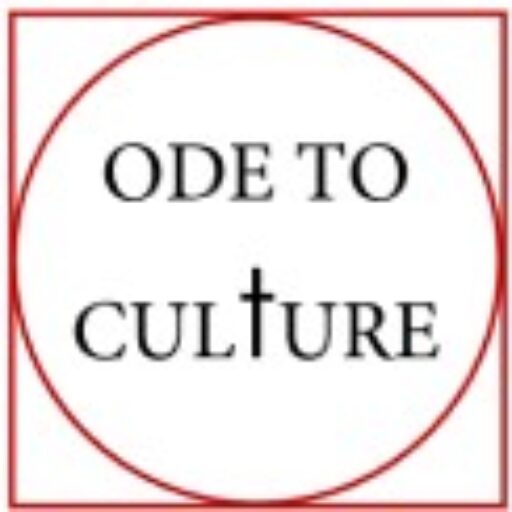Prompt 18: September 1, 2022
Faith is a reflex, a perfection of the intellect. The faith-judgment is a trust that what is known points to something greater, that that greater is good, and that the good is worth striving toward with all human endeavor. Knowing where to trust ensures one is standing on solid foundations. A faith outside ourselves, outside our perceptions is the humiliation of the intellect. Faith is the sustenance that nourishes us when the world doesn’t make sense, when we don’t see the meaning of our circumstances, of suffering, or of life. Faith itself is not optimistic, but it does inform our minds of the goodness of God. As Job confessed, “surely I spoke of things I did not understand, things too wonderful for me to know…. Therefore I despise myself and repent in dust and ashes” (Job 42: 3 & 6).
Hope, on the other hand, is a desire, the aim to overcome all obstacles preventing communion with God. In a commentary on Thomas Aquinas’ theological virtue of hope, Romanus Cessario states:
Aquinas defines hope as the confident movement toward the future, and therefore catalogs it as a virtue that belongs to the provisional order, to the “state of the wayfarer” (status viatoris). Hope will always be the province of the traveler because neither the blessed nor the damned can possess hope. The blessed already possess the beatitude that hope longs after; in them, hope gives way to the joy that accompanies the beatific vision. But in hell, no hope of reform remains. In fact, the very realization that one can never reach the beatitude intensifies the anguish that a damned person would suffer.
` The author goes on to argue that the humanist philosophies reject the notion of a hope outside of our space and time to construct their utopian fantasies. When they do this, they change the meaning of hope from a static locus (God) to a mere expectation for a “better life”; I catch myself using the word loosely in this manner.
Discussing hope without mentioning salvation would leave an unresolved element to this prompt. I have recently been struggling with the concept of salvation, or as evangelicals often say, “being saved”. I don’t attempt to pick up that issue here, but as it relates to hope, we are inevitably struggling toward beatification, never to be gained in this life. Lest we mistake the beauty of the gospel, we must remind ourselves that salvation is not our hope (presumption), but rather Jesus, in whom our faith compels us to follow through any spiritual desolation. The author concludes the chapter with this thought:
Presumption denotes an affective movement of the creature which is motivated by a false judgment about how God’s mercy conforms to his justice and wisdom. In the final analysis, the one who presumes does not understand that God’s plan for our salvation includes our transformation…… Presumption, however, mimics theological hope, even though this anti-theological vice also constitutes an “offensive turning” toward God. Those who presume on God’s merciful omnipotence want the benefits of the divine attributes which hope assures, but presumptuous persons want this goodness and mercy outside the order which is established by the divine wisdom and justice. Thomas gives the example of one who “hopes to obtain pardon without repentance or glory without merits.”
Hope and Faith, Desire and Intellect, Mind and Body, Heaven and Earth: We are continually confronted by juxtapositions that seem irreconcilable, but let us look to the example Christ took to join all things–Love. By faith, we can come to know the giver of all things. In hope, we can confidently look to his ultimate gift. And love is the participation in the gift itself, for the ultimate gift is the giver himself– who is, in Trinity, Love. How can this be so?
The thread is open. Create boldly, and may the Spirit guide us all.

